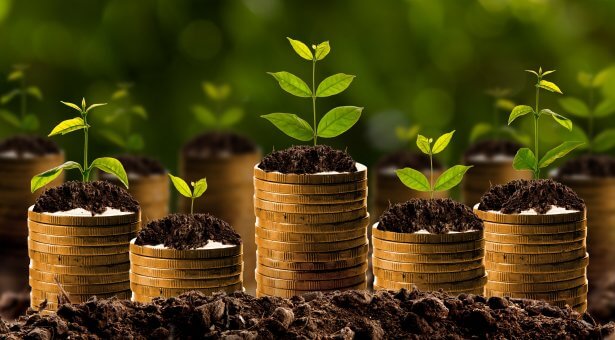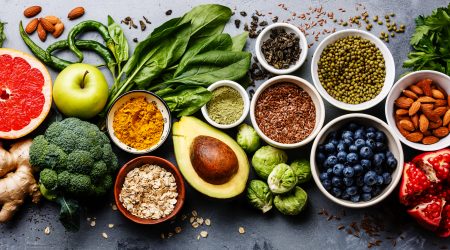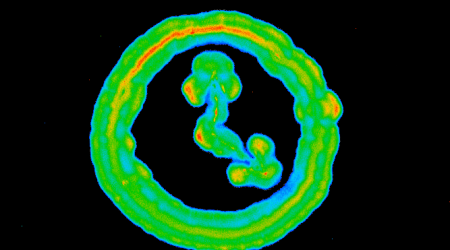Professor Barrie Wilkinson comments on global antibiotics investment fund

Words by Professor Barrie Wilkinson
Jim O’Neill’s call for a global innovation fund to revitalise the discovery of new antibiotics could not be more timely.
Around half of the antibiotics used clinically are natural products that derive from the fermentation of soil bacteria called actinomycetes. Unfortunately, pathogenic bacteria are becoming increasingly resistant to these and all other antibiotics, while at the same time it has become increasingly difficult to discover ones from this resource.
However, advances in DNA sequencing and our understanding of actinomycete biology tells us that less than 10% of their natural products potential has been tapped into so far, that the machinery for making the majority of natural products is silent under laboratory conditions. This means there is a treasure trove of potentially new antibiotics waiting to be discovered just from the soil bacteria already identified, if only we could switch on the machinery required to make them
In collaboration with colleagues at UEA and TGAC we are developing an antibiotics discovery pipeline to take advantage of these findings. Working with both known soil bacteria and their relatives isolated from environmental niches enriched in antibiotic producing bacteria such as the leafcutter ant microbiome, we are applying the latest DNA sequencing technologies to identify those bacteria with the greatest potential for making new natural products. We then use a special chemical and genetic toolkit to switch on production of the ‘silent’ natural products.
We already have evidence that this approach can yield new natural products, and are confident it will lead to new antibiotics with the potential to treat drug resistant bacteria.
Professor Dale Sanders, Director of the John Innes Centre, said: “This proposed innovation fund could help scientists at the John Innes Centre make the most of the untapped potential of the antibiotic-making machinery in soil bacteria. If patients are to benefit from our science there needs to be substantial global investment in antibiotics research that has the potential for worldwide societal impact.”



